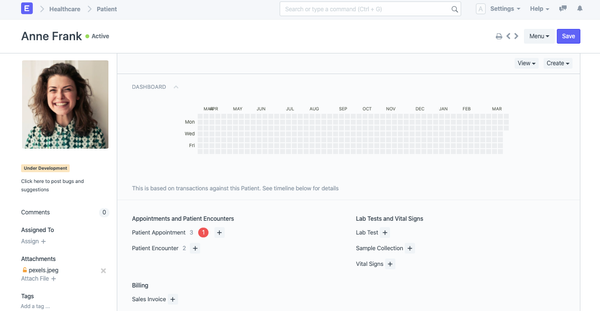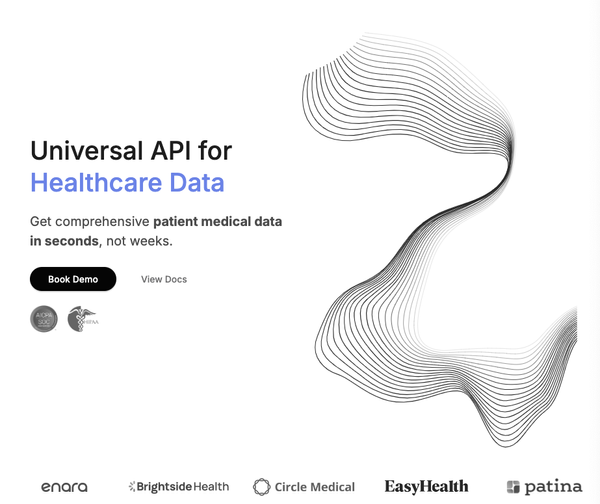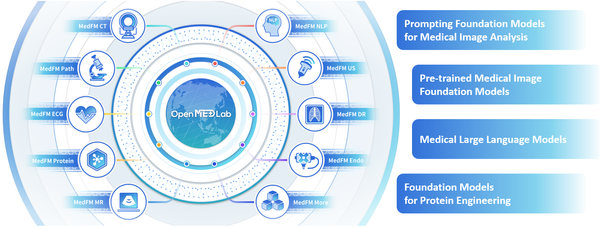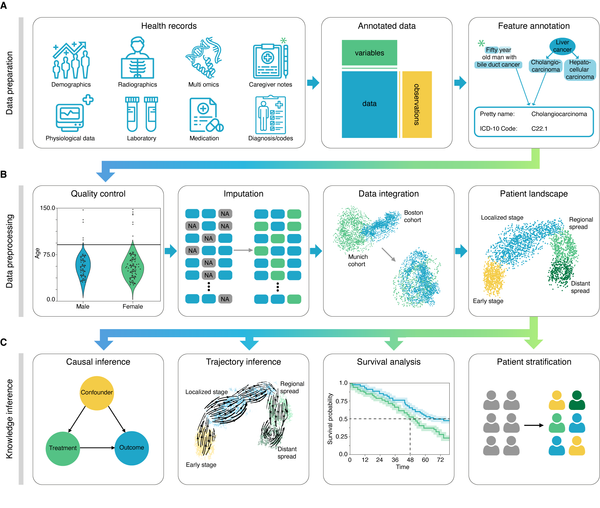HospitalRun: an open-source clinical practice solution for low resources environment
HospitalRun is an all-in-on clinical practice management software package for small and medium-size hospitals and clinics. It is also a completely open-source project.
The software runs seamlessly on Linux, Windows, and macOS. It is packed in an executable package for Windows, macOS. It also offers an extensive cloud install instructions.
What makes HospitalRun unique is its offline-first approach, which proven useful in environment with bad or no internet connections.
HospitalRun can runs on a single machine like a doctor machine or on the cloud, allowing users to access it through their web browsers.
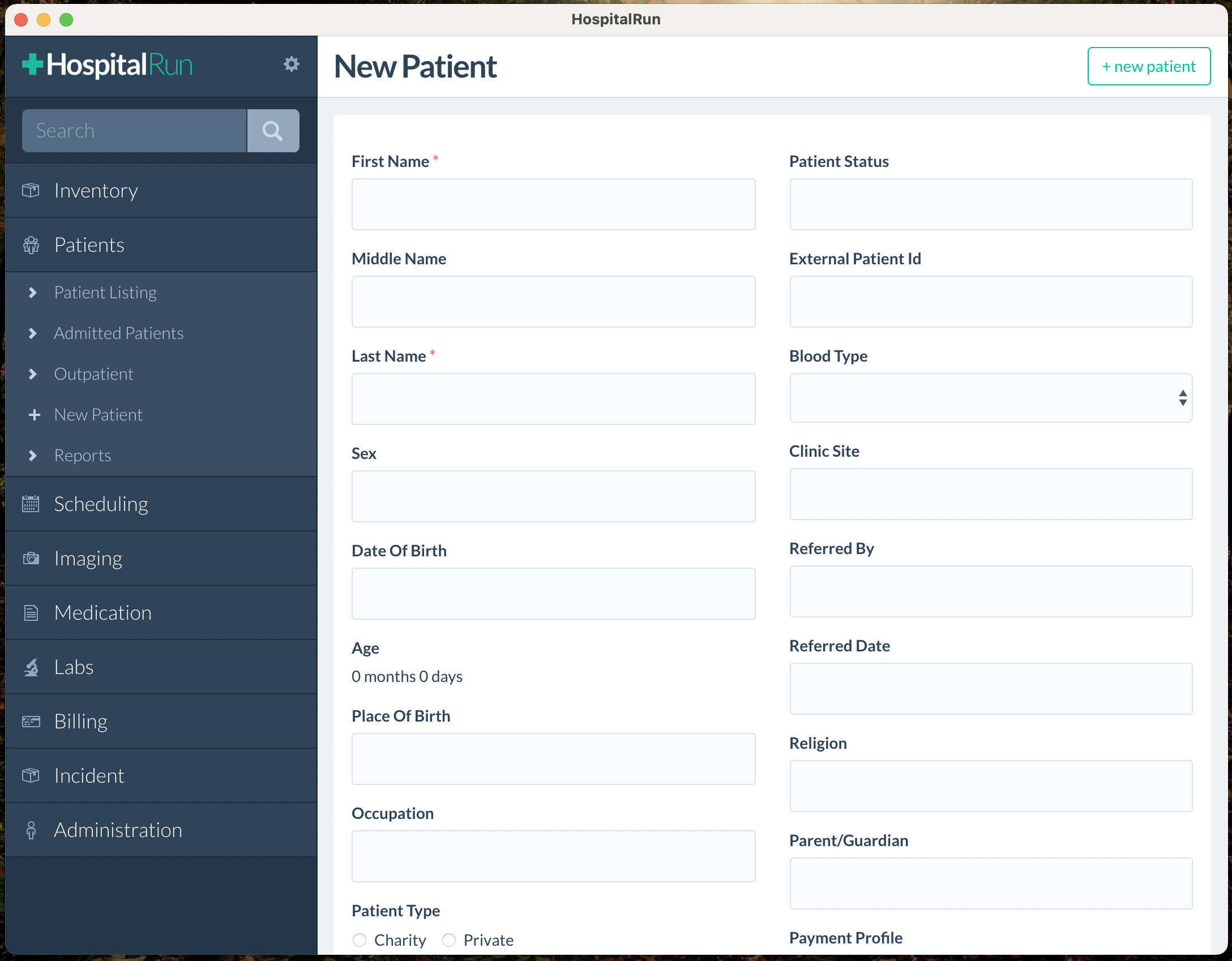
How does offline-first work?
HospitalRun depends on CouchDB as a primary and default database store. CouchDB is a NoSQL document-oriented database with developer-friendly features for building real-time applications.
CouchDB offers a built-in and production-ready REST-API which speed up the production and data transaction. It also supports MapReduce and replication.
To allow the application to work seamlessly offline, HospitalRun uses another browser-only database (PouchDB).
PouchDB which runs smoothly on browser and stores the data when offline then synchronize it when the connection is restored.
With CouchDB on the server and PouchDB on the browser, there is no need to worry about data loss or offline system, as the software will be up and running.
HospitalRun takes an advantage of CouchDB and PouchDB extensive features list like: Replication, with more other features like Anti-corruption layer and more.
HospitalRun Features
HospitalRun includes a dozen other features that benefit small hospitals, clinics, or even doctors.
- Offline-support
- Easy to install on Windows, macOS, and Linux.
- Cloud install on Linux machines
- Patient records management
- Outpatient manager
- Appointment manager
- Inventory management
- Surgical theaters manager and scheduler
- Inventory reporting
- Laboratory management
- Medication manager
- Billing and invoicing
- Incident manager
- Incident categories and classifications
- Surgery scheduler
- Multiple user types and groups
- User roles manager
- Database loader
- Short-code manager
- Filed search and filtering
- Header print manager
Although, HospitalRun is an outstanding application, and it is built a hospital information system (HIS), some doctors may use it record their patients records locally on their machines.
The main reasons why it may be considered as a doctor's note app, is they can install it easily like any other app, without hustling through extensive setup instructions.
Furthermore, it offers a secure authentication layer and data protection.
However, the doctors may not use all the other features intended for hospital managers and hospital staff. But so far, there is no option to disable the unwanted features.
As I am using HospitalRun as a temporary patient records manager for my patients. So, it is worth mentioning that other doctors may use it the same way I do.
License
HospitalRun is released under MIT license.




